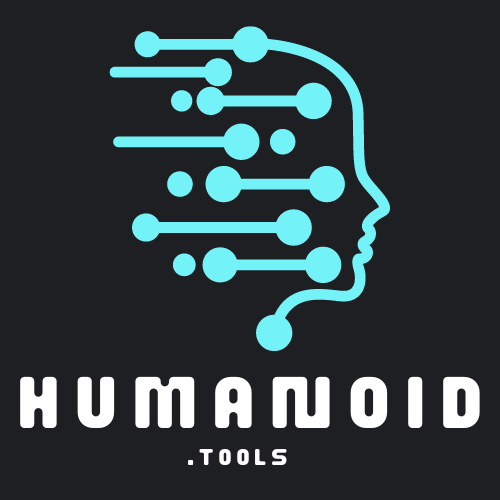Musicians, producers, and listeners alike are witnessing a revolution, as AI has the potential to transform the way music is created, marketed, and consumed.
In this article, we explore the various roles AI may play in the future of the music industry, from composition to live performances and fan engagement.
Composition and Production
One of the most significant contributions of AI in the music industry lies in its ability to create and produce music. AI-powered algorithms can analyze vast amounts of data to generate new melodies, harmonies, and rhythms.
These tools can be used by artists to spark inspiration or even create entire compositions autonomously.
Additionally, AI can help musicians by simulating the sounds of various instruments and synthesizing them into a single piece, eliminating the need for extensive recording sessions.
Personalized Music and Playlists
AI’s ability to analyze and predict user preferences enables streaming platforms to offer personalized recommendations, tailored to each listener’s taste.
By examining factors such as listening habits, favorite artists, and genres, AI can deliver unique playlists and song suggestions, enhancing the overall listening experience.
As AI continues to advance, we can expect even more nuanced and accurate predictions that cater to individual preferences and moods.
Music Marketing and Distribution
AI-powered tools are transforming the way music is marketed and distributed. With the ability to analyze social media engagement, streaming data, and listener demographics, AI can help artists and labels identify trends and target specific audiences.
This data-driven approach allows for more effective marketing campaigns and accurate predictions of sales and streaming performance.
Additionally, AI can help optimize content and release strategies, maximizing an artist’s reach and potential for success.
Live Performances and Concerts
AI has the potential to revolutionize live performances, offering novel experiences for both artists and audiences.
Holographic technology, powered by AI, can recreate the presence of musicians on stage, enabling virtual concerts and even posthumous performances.
Furthermore, AI can be used to create responsive visual and audio effects, adapting to the energy of the crowd and enhancing the overall live experience.
Fan Engagement
With the help of AI, artists can engage with their fans in new and innovative ways. AI-generated chatbots can answer fan questions, provide updates, and even facilitate the purchasing process for merchandise and concert tickets.
Virtual reality (VR) and augmented reality (AR) experiences, driven by AI, can offer immersive environments for fans to explore and interact with their favorite artists, creating a deeper connection between musicians and their audience.
Conclusion
As AI continues to advance and integrate into the music industry, we can expect to see significant changes in the way music is created, distributed, and consumed.
From AI-assisted composition to personalized playlists and innovative live performances, the future of the music industry is increasingly intertwined with the development of artificial intelligence.
While some may fear that AI’s involvement could diminish the human touch in music, it is essential to remember that AI serves as a tool for artists to enhance their creativity and reach new heights in their craft.
The harmonious symphony of AI and the music industry will undoubtedly lead to exciting and groundbreaking innovations in the years to come.
English bloke in Bangkok. First used GPT-3 in 2020 and has generated millions of words with it since. Not really much of an achievement but at least it demonstrates a smidgen of authority. Studies natural language processing, Python and Thai in his spare time.
